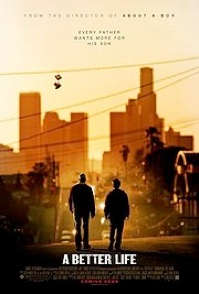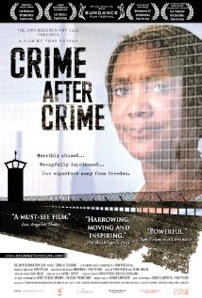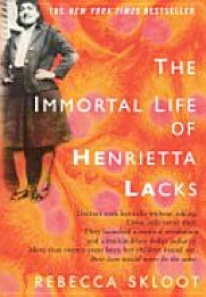Escapes and Pleasures






Two films and a book that I think are all worthy of your attention.
(Note: I’m not sure if I’ve ever stated before that I generally only recommend or post about books, movies, and plays that I have enjoyed, and thus my rating of *** to ***** stars. If something has not been very good, in my humble opinion, I simply don’t post about it.
Also, I do my best not to reveal the outcome of the films or books.)
The Films
A Better Life ****
Usually films such as this one are only shown in small theaters, for limited runs. I’m not sure how A Better Life made it into the major theaters, but I’m glad it did, tho I fear it might not remain around too long.
It is the story of Carlos, an illegal immigrant, who tries to give his son a better life. Set in East LA, the film is a good portrayal both of an immigrant’s life and of the struggle of a father to pass on his values to his son.
This film reminded me a bit of Winter’s Bones, perhaps not quite as good but still good enough to take us into a world most of us don’t know.
Crime After Crime *****
At the moment, this film is only in about 15 cities, and then mostly in the smaller theaters. Keep your eyes out for it and catch it when it comes to your city.
The film is a documentary of the efforts of two ‘do-gooders’ to help an abused woman who has served many years in prison for a crime she committed -- in an attempt to get free from her abuser.
It is true.
It is spell binding.
And it tells a story about our social and our justice system(s) that many of us may suspect but don’t really know.
The Book
The Immortal Life of Henrietta Lacks,***** by Rebecca Skloot
I am ‘late’ coming to this book and true story. A number of MillersTime readers mentioned it as one of their favorite books of the year.
And I thank them for drawing my attention to it.
From Publishers Weekly:
Starred Review. Science journalist Skloot makes a remarkable debut with this multilayered story about faith, science, journalism, and grace. It is also a tale of medical wonders and medical arrogance, racism, poverty and the bond that grows, sometimes painfully, between two very different women—Skloot and Deborah Lacks—sharing an obsession to learn about Deborah's mother, Henrietta, and her magical, immortal cells. Henrietta Lacks was a 31-year-old black mother of five in Baltimore when she died of cervical cancer in 1951. Without her knowledge, doctors treating her at Johns Hopkins took tissue samples from her cervix for research. They spawned the first viable, indeed miraculously productive, cell line—known as HeLa. These cells have aided in medical discoveries from the polio vaccine to AIDS treatments. What Skloot so poignantly portrays is the devastating impact Henrietta's death and the eventual importance of her cells had on her husband and children. Skloot's portraits of Deborah, her father and brothers are so vibrant and immediate they recall Adrian Nicole LeBlanc's Random Family. Writing in plain, clear prose, Skloot avoids melodrama and makes no judgments. Letting people and events speak for themselves, Skloot tells a rich, resonant tale of modern science, the wonders it can perform and how easily it can exploit society's most vulnerable people. (Feb.)
Copyright © Reed Business Information, a division of Reed Elsevier Inc. All rights reserved.
* * *
And for those of you with children, check out this out: 7 Obscure Children’s Books by Authors of Grown Up Literature. Especially see number 2, the one by Mark Twain. Click Here
7/25/11


TWO FILMS AND A BOOK...







